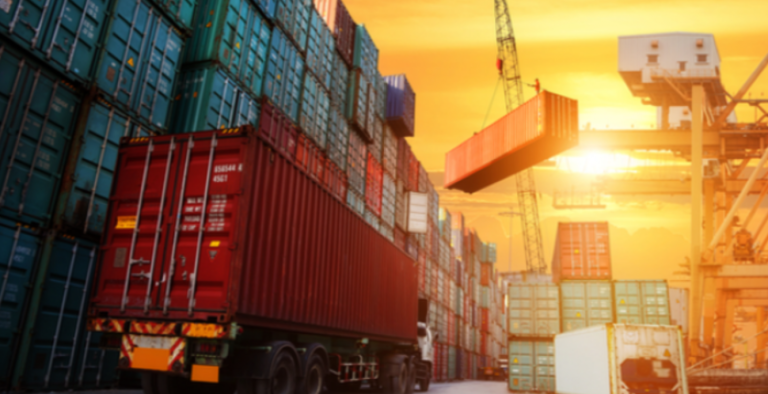The Centre for the Promotion of Private Enterprise (CPPE) has stated that high exchange rates for cargo clearance by the customs service can lead to importers diverting their cargo to neighbouring countries and subsequent smuggling of goods.
Dr Muda Yusuf, the founder, stated on Sunday in Lagos, advising in line with the Federal Government’s aim to alleviate the hardships faced by citizens and the operational challenges encountered by businesses.
In his statement, Yusuf expressed his approval of the Central Bank of Nigeria’s (CBN) recent decision to allow the use of the exchange rate specified in the import documentation [Form M] from the beginning of the import process.
He praised this move as a significant positive response to the concerns raised by investors within the economy.
However, Yusuf pointed out a critical area that remains unaddressed by the CBN’s intervention: the steep cost of cargo clearance at the ports, which has surged by over 40% in the past two months.
He said,
- “The high exchange rate for import duty assessment is fuelling the already high inflation, increasing production and operating costs for manufacturers and other businesses.”
- ” It is worsening the cost-of-living crisis and putting thousands of maritime sector jobs at risk.”
- “There is also the added risk of cargo diversion to neighbouring countries and heightened smuggling which can jeopardise the realisation of customs revenue target.”
- “The current customs duty exchange rate of N1488.9 per dollar, is still too high in the context of the current galloping inflation and difficulties facing businesses and the citizens,”
Backstory
In the past few weeks, the CBN through the Nigerian Customs Service (NCS) have regularly increased the exchange rate for cargo clearance by almost 40%.
According to the customs service, the move is in line with the CBN’s policy of floating the naira and ensuring the rate syncs with what applies in the official window.

